Critical Discourse Analysis
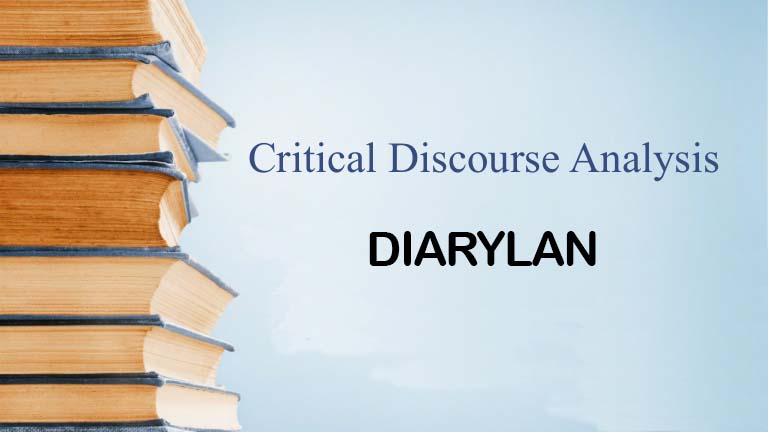
Introduction
English established its authority and dominance as the world’s most powerful linking and unifying language, which entails technological, economic, cultural, and linguistic dimensions. this study investigates the three issues of discourse analyses that are important in pedagogical point of view which are related to non-native EFL learners. Critical discourse analysis is related to the understanding of learning based on two ways. First, analyzing discourse based on a critical domain and let one to perceive the learning process in more complicate ways. Second, the researchers and participants learning are developed by the process of performing CDA. an EFL teacher can employ critical discourse analysis techniques and asks students to analyze discourse and find the hidden meaning and explore the association between discourse, ideology, and power. teacher can encourage learners toward a lifelong ability in critical thinking. The aim of this study is to introduce three fields of critical discourse analysis in non-native English educational system. The focus is on text, ideologies, and humor that is elaborate in this paper.
TEXT
English established its authority and dominance as the world’s most powerful linking and unifying language, which entails technological, economic, cultural, and linguistic dimensions. One of the basic units of analysis for critical discourse analysis is text. Texts construed as the meaningful example of written and spoken language use and also social actions in a society. Particular text types or ”genres” fulfill conventional social uses and functions. this means that specific kinds of text based on predictable ideational and material effect can ‘do things’ in social institutions. According to Van Dijk (1995) as student-revolution of 1986 has revealed, noble aims do not necessarily lead to good scholarship. This is also true for CDA. Therefore, it has been critical to investigate how to do critical studies of text and talk. At a practical level, for example, students are to know ”how to do CDA” to do successful research strategies. Theoretically and descriptively, it is necessary to explore which structures and strategies of text and talk are crucial in order to discover patterns of dominance or manipulation in texts. Or conversely, when, the major focus is on social and political problems and subjects such as sexism and racism, it is essential to know how such forms of inequality are declared, enacted, legitimated and reproduced by text and talk.
In a study about Critical Discourse Analysis and Its Implication in English Language Teaching by Elahe Rahimi & Masoud Sharififar (2015), these researchers consider findings to demonstrate how critical discourse analysis can facilitate nurturing critical thinking as well as to determine whether the impact of critical discourse analysis would be the same for male and female students. In so doing, 62 subjects including 32 males & 32 females majoring in English language were participated in this study. Students were asked to analyze Obama speeches before becoming familiar with critical field. It was conducted based on 4 steps: pretest (first version of political text), 2) teaching of critical principles, 3) posttest (second version of political text), 4) ask students to answer the questionnaire. Students were analyzed and compared before and after learning CDA techniques and result revealed that in the second version of analyses changes were noticed. In the first analyses, learners just procreated the sentences of Obama’s speeches word- by- word or restated the text in two or three paragraphs. Actually, they could not analyze the text in an established way due to their low level of thinking but when CDA tactics were instructed to students; their ability to develop argument increased. Having CDA as an applicable tool for language comprehension turns passive trainees to critical and creative thinkers. The process of acquiring knowledge of CDA is fundamental for EFL students because in this way they prevent to be in control of writers’ and publishers’ ideologies. learning these skills lead to maturation of not only linguistics but also intellectual potentialities. The field of critic provides nourishment about awareness of students regarding the cultural, social, and political situation of a country which is the main source of the text.
The colonialist/Culturalist Ideology and the Economic/Rationalism/Neoliberalism Ideology
Based on A critical discourse analysis of the reasons underlying Omani student-teachers’ inadequate English language proficiency by Ali S.M. Al-Issa, Ali Hussain Al-Bulushi and Rima Mansoor Al-Zadjali (2017) Results have revealed that there have been conflicting and contesting ideology among the various involved agents leading to manipulating the factors affecting those STs’ English language proficiency. The findings have implications for shaping the STs’ language proficiency. This Arab country accepted English as the official foreign and global lingua franca when the current ruler ascended to the throne in 1970. Teachers face problems in accuracy and fluency in using target language. Non-native speaking teachers expected to possess a proficiency level to function confidently inside and outside the classroom, so they can satisfy their students’ learning needs, wants, and interests and positively impact their learning. It is tried to fill the gap in the literature in which there is a need to understand how Foreign/Second Language (F/SL) teacher preparation program courses may contribute to the language proficiency of STs and intends to take a Critical Discourse Analysis (CDA) approach that unfolds the agents’ ideologies as embedded in their multiple discursive constructed layers. different ideologies underlies’ complexity of achieving language proficiency by NNESTs, its significance for F/SL learning, and the different agents and agencies involved in supporting or reducing Ideologies such as the colonialist/culturalist ideology, and the economic/rationalism/neoliberalism ideology.
The related study provided the ideologically driven nature of the existing ELT context. This is achieved through adopting a problem-oriented, interpretive, and explanatory CDA approach, since CDA unmasks ideology, which is mediated by language. Four highly qualified and experienced local ELT faculty members representing three different entities at the targeted university—the College of Education, College of Arts and Social Science— Department of English Language (DEL), and the Language Center (LC) were selected purposively and agreed to be interviewed, with each agent occupying different positions and possessing a variable degree of power . First participant is a Professor, high-profile decision-maker in the College of Education, a member of the university Academic Council and a top-level state official. Second participant is a holder of a Master of Arts in Education and supervises participants in their field-based student teaching. Third participant is a very experienced Assistant Professor of Applied Linguistics who teaches different Linguistics courses to ELT STs in the College of Arts and Social Sciences and used to supervise STs during their field-based student teaching. Participant four is an Associate Professor of ELT at the College of Education, a high-profile decision-maker in the LC, a member of the university Academic Council and a top-level state official. Semi-structured interviews were conducted as an instrument with each participant in the study. The interviews included three main questions, which were inspired by the pertinent literature about English language learning and acquisition. To improve the quality, reliability, and validity of the interview questions sent along with the study aims and research questions to a jury of experts in the field, who gave constructive feedback on some of the items, which were attended to deemed necessary. All interviews were in English and the length of the interviews varied depending on the ideologies held by the different informants and the fields of force they occupied and cultural properties and cultural capital they controlled. Voices of all the interviews recorded and then transcribed. Each interview was conducted on a separate day after fixing an appointment with the participant. The data were tabulated with in four columns. In the first Data Units in Context column included segments of the raw data. In the second Data Unit-column included textual units from the pertinent literature that supported the concept of the ideology we intended to discuss. In the third Concept column, and using the data from the previous two columns, we described the concept trying to highlight its main features. In the fourth and last Building-Block column is the name of the ideology the description in the previous three columns logically led to. it had two tables, which represented the two conflicting ideologies; the colonialist/culturalist ideology and the economic/rationalism/neoliberalism ideology. The colonialist/culturalist ideology is that favors the powerful culture over the powerless culture and a form of critical political rhetoric, which points to a set of ideas embedded in practice or it is a social philosophy and a value-laden political ideology, which promotes individualist, competitive, and libertarian values, while conflicts with values of equality, and cooperation. The related CDA study investigated and documented the different discourses embedded in the different university ELT senior academics’ ideologies about the factors that affected the STs’ English language proficiency. Targeting class of professionals, who belong to the same community is a good challenge to the critical sociocultural and sociopolitical nature of the topic, so because things are not what they seem it required social distance to enhance the credibility and validity of the study and levels of reality other than those in the official interpretations of society. Findings showed that there was an ideological contest and conflict between those holding the colonialist/culturalist ideology and their opposing group holding the economic/ rationalism/neoliberalism ideology due to struggle over space and the production, reproduction, legitimacy, and monopoly of academic, cultural, economic, linguistic, and political capital, which has negative implications for shaping ELT STs’ language proficiency. All participants constructed manipulative discourses and created cognitive biases and subjective social realities leading to blaming different agents and agencies to distant themselves from responsibility. Manipulation and blame were found to have several paradigms and sub-paradigms, which represented of the complexity of the ideologically governed and contested context. Manipulation and blame within the context of this study confirmed the impact of ELT teacher training and education on ELT policy and planning. Regardless of the methodological limitations of this study, as found in the small number of participants, which does not allow for generalization we consider the study to be an important addition to the literature dealing with the factors effecting Foreign/Second Language STs’ language proficiency and the impact of teacher education on language policy and planning. A broad quantitative study, therefore, has the potential to assist in understanding the phenomenon more. However, the discourses documented in this study need to receive attention to assist the STs’ development as proficient language users.
Humor
A study by M. A. Heidari-Shahreza (2018) on teacher-initiated (verbal) humor and (ludic) language play were scrutinized to discern how teachers employed linguistic devices to create humorous language play in various forms and for different purposes and to examine the implementation of teacher humor with a special focus on the teachers’ individual differences as well as high-order educational norms and convention. Participants were 12 Iranian EFL teachers . the teacher participants’ self-reports of humor use as individuals and their follow-up interview responses were taken into account in further analysis and discussion of the findings. The positive effects of this study may broadly be classified into three categories: (a) social and affective (e.g. improving teacher’s immediacy behaviors, enhancing learners’ motivation), (b) pedagogical (e.g. facilitating teaching delivery, serving as a gap filler), and to a lesser extent (c) managerial (e.g. facilitating class management, mitigating teacher’s face-threatening acts.The teachers’ concerns also seem to be mainly managerial, pedagogical and cultural in nature: Some of the participants saw it likely that using humor in class might function to the detriment of the class/teacher formality, seriousness, and discipline. Alternatively teacher humor, in their view, could “sidetrack” the class from learning and speaking English (or being regarded as such by the respective authorities). Likewise, it was a concern how “Western” humor could be presented within an (Iranian-)Islamic context, ensuring its age, gender, and language level appropriacy. For some teachers, L2 humor could potentially bring about misunderstanding, confusion or offense because “language, culture and humor, all at the same time, could be too much a burden on the learners’ minds” or the humor (e.g. jokes) could turn out to be somehow risqué and “agitate class atmosphere”, “especially when both boys and girls were in class”.
Conclusion
Teachers are responsible to guide students for better learning of moral and social issues to analyze different aspects of an issue. Using different techniques in teaching by discourse aspects of discourse it can be possible to teach every individual base on there needs. Ability to act correctly in using humor in different contexts and different cultures helps to develop learning and it can be possible in opposite direction in down grading the teaching performance. The ideology of each individual shows his or her type of discourse. All the colonialist/culturalist ideology are important in better learning.




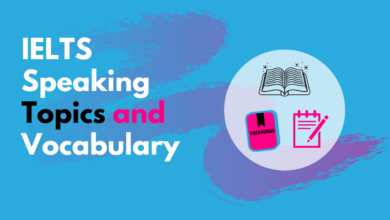
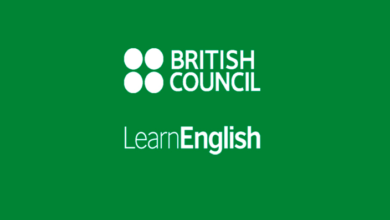
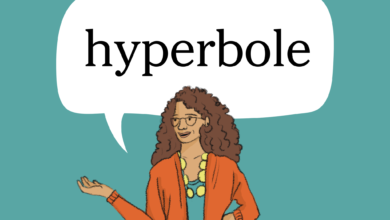
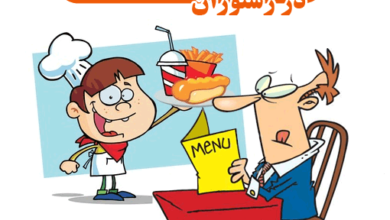
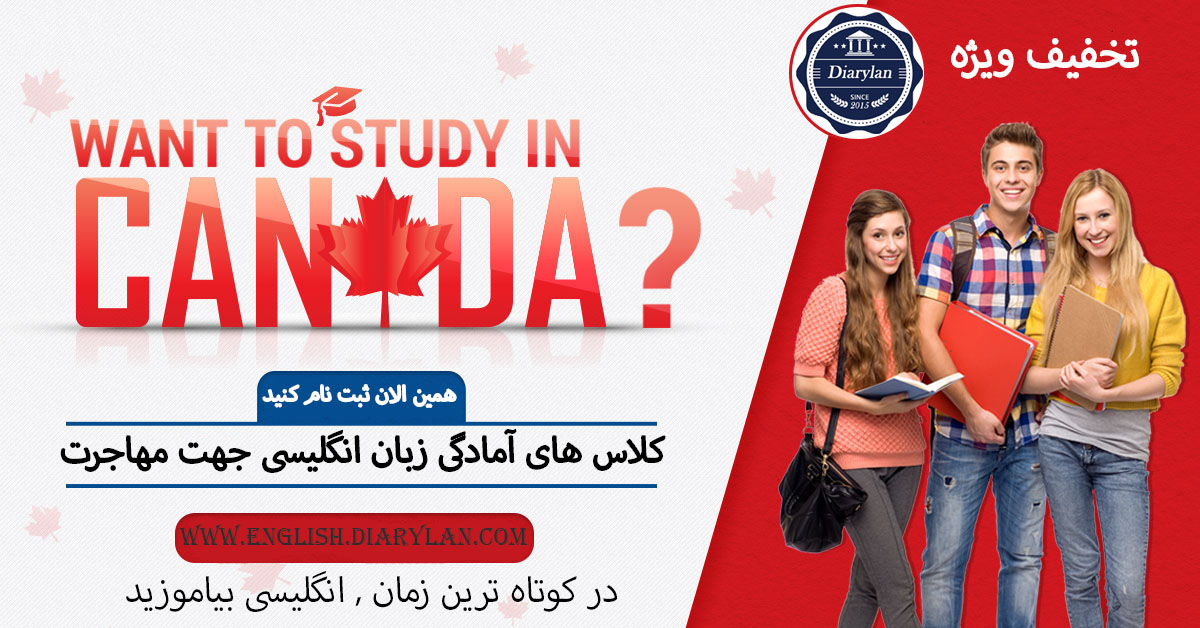
بسیار جامع و عالی
عالی بود راضی بودم. میرم واسه پیشرفته🌹
Experienceful